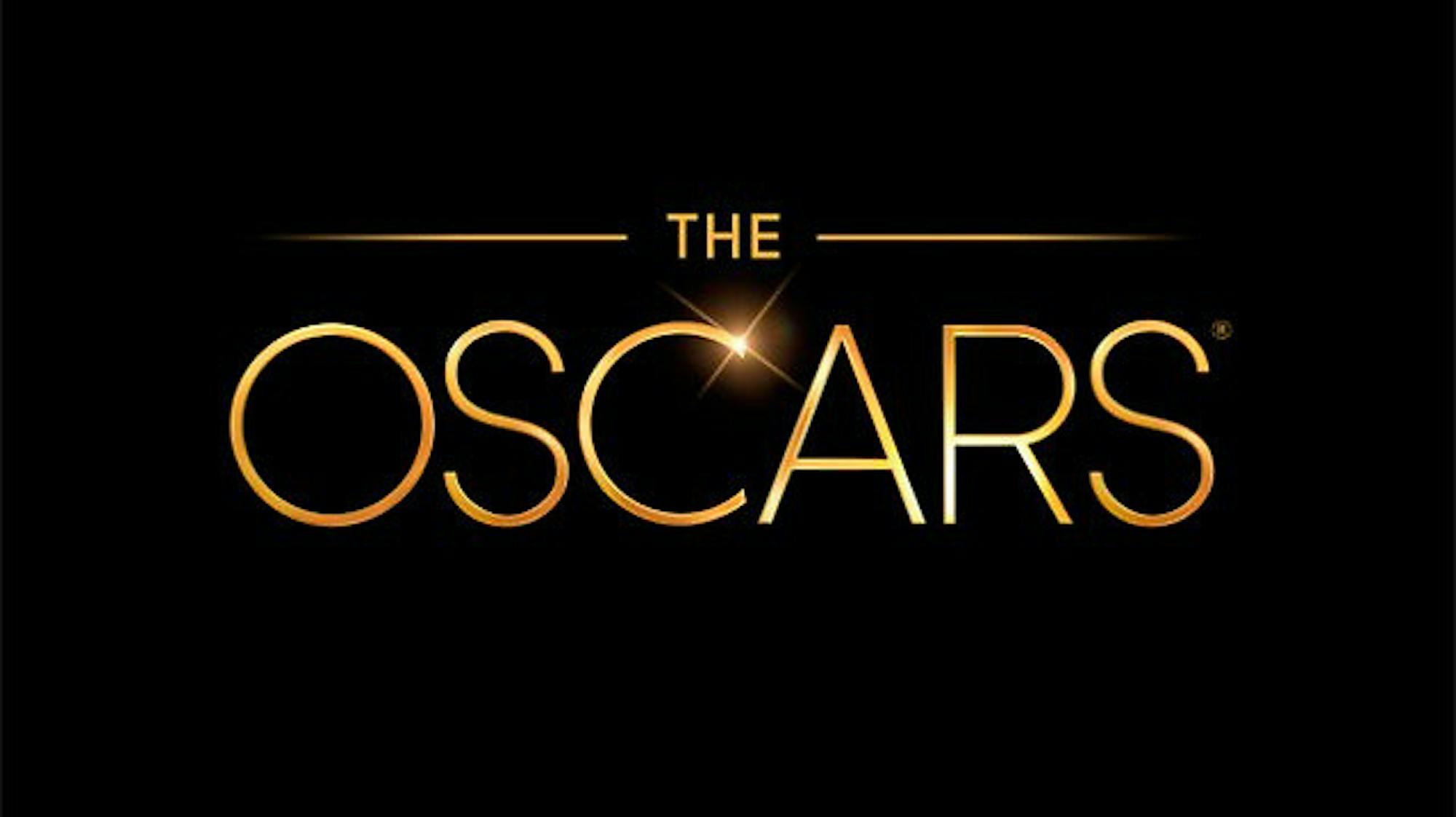As the 2019 Oscars draw near, the ceremony’s controversies have been steadily increasing as well. Much of the backlash coming from members of Hollywood stems from the show-runners’ head-scratching decision to only televise certain categories, while public anger is centered around the proposed addition of a new category as well as from once-slated host Kevin Hart’s homophobic tweets. Regardless of where the controversy comes from so far (and there’s still a week left for more), the bad press only further renders the once-glorified awards show obsolete. After all, the saying “any press is good press” does not apply to things which are already present in the public stratosphere. Bad press for an event with a distinguished legacy is exactly that: bad.
The biggest indicator of bad press having a direct and negative effect on the Oscars has been the decline in viewership over the past few years. Since 2014’s decades-long peak in viewership, with 43.7 million viewers, each year has seen less viewers than the previous one. Just last year, only 26.5 million people tuned in to the Oscars — a 39 percent decrease from 2014, and the lowest number of Oscar viewers since the awards started in 1929.
This decline also coincides with a social campaign best described by the associated twitter hashtag "#OscarsSoWhite." The campaign was launched after the 2015 show, in which only 1 of 25 nominees for Best Director, Actor, Actress, Supporting Actor and Supporting Actress was a person of color.
As calls for the increase of diversity grew within the nominee groups and within the community of voters for the Academy of Motion Picture Arts and Sciences (AMPAS), AMPAS leadership could no longer pretend to be unaware. Thus, in June 2016, significant changes were made to the member body of the organization. It was announced that females comprised 46 percent of the voters, and people of color comprised 41 percent — huge steps forward from the recent past.
Though some changes have been considerable, unfortunately, they have not corrected the Oscars' course, as the program has continued to lose viewers. In fact, this year, there are two more sorts of controversies. The first of these missteps is a change in which categories are televised as well as the addition of a new awards category.
The proposal to present four categories — Cinematography, Film Editing, Live Action Short and Makeup and Hairstyling — during commercial breaks was seen as an insult to many in Hollywood, and not just to those who are considered for these categories. Some of the most revered film directors, including Alfonso Cuarón, Spike Lee, Martin Scorsese, Quentin Tarantino and Ang Lee, have vehemently opposed the prospect of detracting from the importance of these categories. And this was just one of AMPAS’ poorly-received attempts at reigniting public interest in the awards show.
However, the controversy doesn't stop there. A proposed “Best Popular Film” category would be a gimmicky move at best. The Oscars have long been open to adding new awards categories; only 7 of the 24 current categories were presented back in 1929, and many of the added categories have been beneficial in that they’ve drawn much-needed attention to behind-the-scenes players within the realm of movie creation. However, this new category would be catering only to a very specific genre of film, incentivizing production companies to focus less on creating good cinema and more on creating popular cinema and discouraging new stories from being written.
The other major controversy plaguing this year’s Oscars is the hosting situation. Originally, comedian Kevin Hart was enlisted for the coveted spot. But after old tweets displaying homophobic ideas and beliefs surfaced, a series of bizarre interactions between Hart and the public transpired.
First there was the reveal of the tweets, then there was Hart's non-apology, which was followed by a faux-apology and then there was an appearance on Ellen that ignited major public backlash against both of the entertainers. All this eventually led to Hart backing away from the offer, leaving a 5’4”-sized gap in the famed program.
Although there is a certain level of intrigue to the idea of a hostless Oscars ceremony, the overriding feeling surrounding this year’s show is one of dread. It seems as though this titan of award shows is finding every possible way to alienate its audiences.
However, to be fair to AMPAS, they have been open to criticism, as evidenced by reforms made to increase voter diversity as well as the reinstatement of the four aforementioned categories into the televised portion of the show.
In the end though, larger questions remain unanswered: How will all these factors play into this year’s viewership statistics? Will ratings go down again to a new all-time low? Or will there be a reversal of fortunes for the viewer-hungry Academy?
We will know in a week.
Oscars' poor choices stir controversy

A promotional image for the Academy Awards is pictured.





